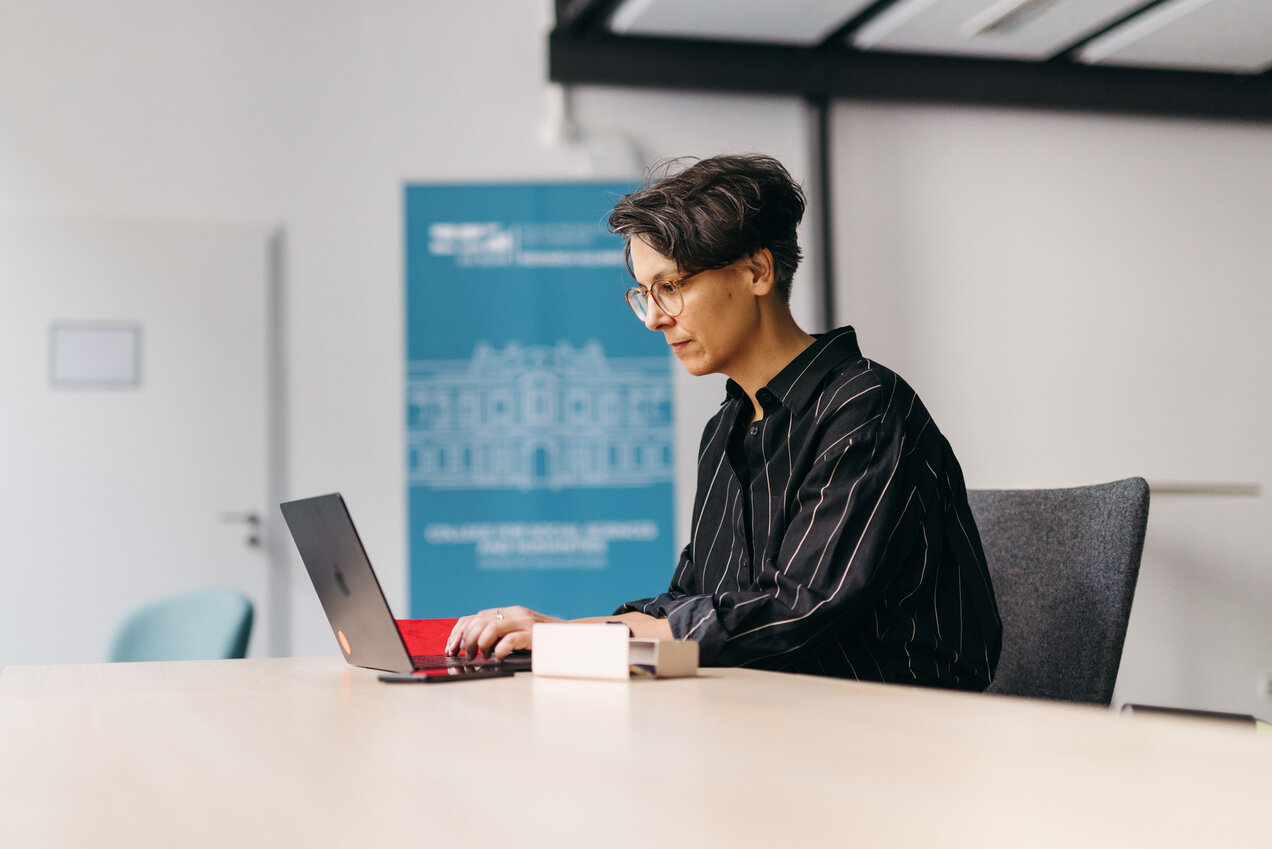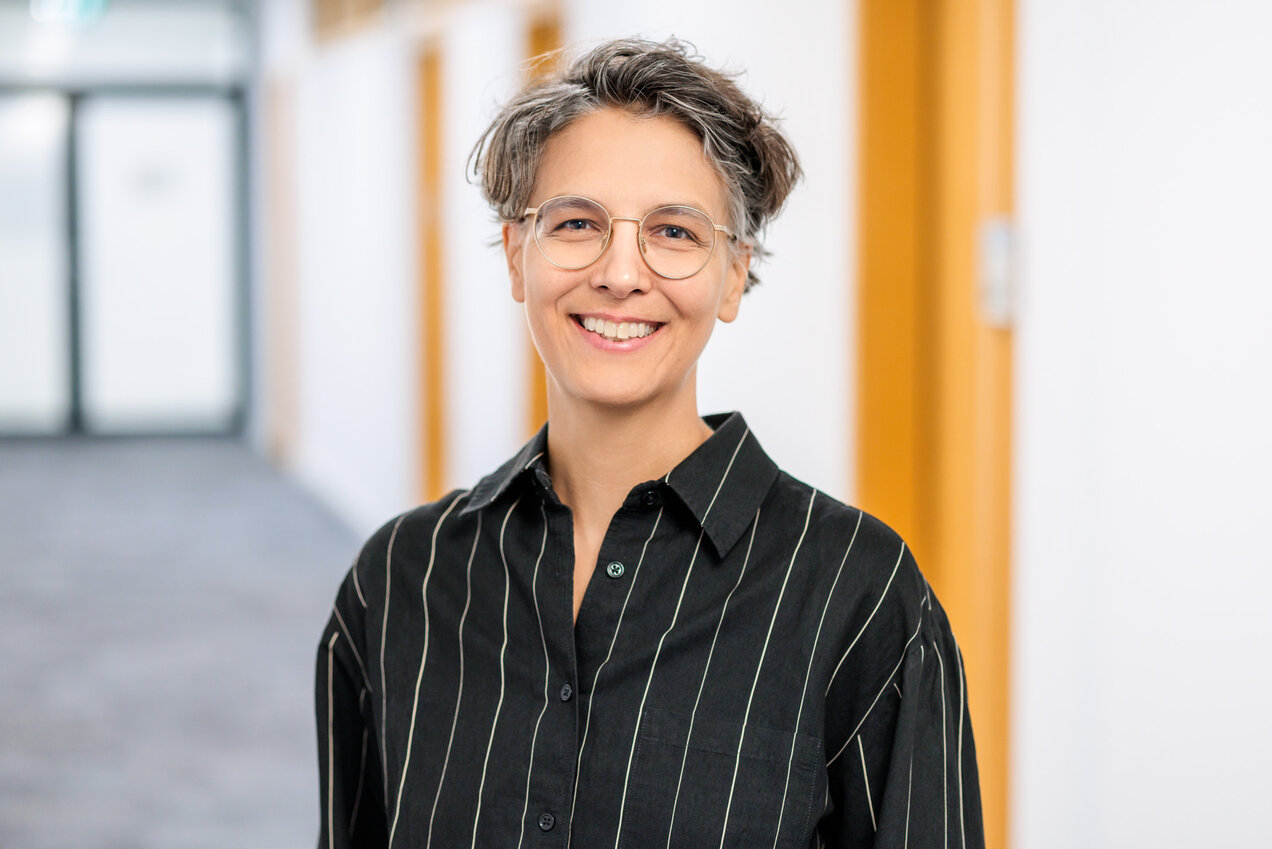
This professorship focusses on the practical and theoretical implications of digitally mediated practices of collecting, archiving and curating globally connected histories. It contributes to an understanding of current debates on the digitisation of culture, the role of memory work and memory politics and their intersection with global socio-ecological transformations. The professorship will build a distinct research profile in the evolving field of digital humanities and establish innovative conversations across disciplines and domains of application.
The research professorship analyses the entanglement of global memory cultures with digital technologies and digital collection practices. This contributes to current debates on the politics of memory, paying particular attention to how these intersect with global socio-ecological transformations. The professorship pursues an interdisciplinary approach, combining science and technology studies (particularly critical data studies and human-environment studies) with cultural studies, and is situated between research and practice (intervention). The professorship assumes a key role in generating knowledge about the digitisation of culture and natural heritage across disciplinary boundaries and ties in with recent developments in the evolving field of digital humanities, both on a national and international level.
Based at the Institute for Art History of Ruhr University Bochum, the professorship collaborates with various research units within the University Alliance Ruhr and with institutions in the Ruhr region, such as archives and museums. Tahani Nadim was appointed to the professorship in October 2024.
The socio-political analysis of the nexus between digital technologies and global memory cultures focuses on the following three areas.

As the main focus, the professorship will investigate the practice of digitisation of collections and archives documenting minoritised histories with an integrative approach that draws on critical archive studies. It specifically considers the emancipatory functions of archival practices for identity construction and democratic participation. As a transdisciplinary and methodological component of the research programme, a mobile ‘memory lab’ will be established to facilitate digital archiving of documents and objects from civic society.
The second focus area ‘Healthy Records’ ties in with the interdisciplinary analysis of new transformational relations between nature and culture, environment and society, human and non-human life. Building on environmental humanities and previous research on the global logistics of natural history, the professorship seeks to establish new connections between research in the humanities and the natural sciences (humanities of nature). This includes examining the unequal distribution of the effects of socio-ecological transformation on a local and a global scale.
The professorship seeks to foster collaboration between research and the arts and shape mutually supportive modes of enquiry into the aftermaths of extractivism. It aims to establish an international network connecting regions that are affected by extractivist industries such as coal mining and shaped by their specific social reproductions.
Prof. Tahani Nadim has taken up the research professorship in October 2024.
Detailed information about the staff members of the professorship is available on the team website.

A list of publications will be available soon.